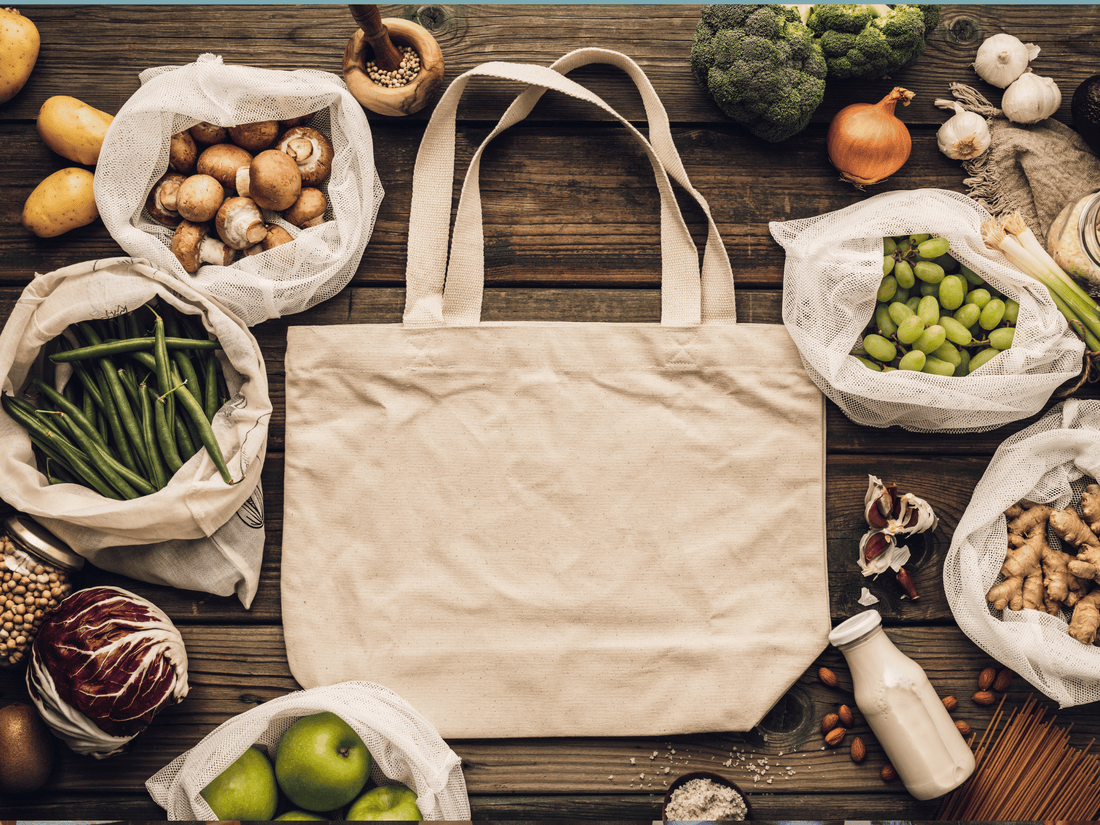Serve Up Sustainability: Exciting Ways to Introduce Climate-Smart Eating to Your Kids by Michelle Kemper Brownlow
You may have heard about specific types of diet in relation to the environment, and you may be wondering: what does the food I eat have to do with climate change?
This is a great conversation to have with kids!
First, let’s get the terminology straightened out:
Vegetarians don’t eat meat.
Vegans don’t eat any animal products, so they also wouldn't eat eggs, milk, cheese, and sometimes honey. Many vegans will also seek cosmetics, household items, and cleaning products that have never been tested on animals.
Plant-based means a person’s diet is mostly made up of things that are, or come from plants. They probably eat more fruits and veggies than most people, but they may also enjoy meat, dairy and eggs (usually responsibly sourced) on occasion.
Some people choose to make these lifestyle changes because they care about the safety and protection of animals, others do it for their health, and many people are choosing to change their diets and lifestyles for the planet.
“How does what I eat affect the planet?”
This is an important question. Research supports the fact that factory farming is a huge contributor to global warming. The Physicians Committee for Responsible Medicine is clear about their findings that the meat and dairy industry are the biggest contributors to the climate crisis. And, it takes just a quick scroll through Netflix to find documentaries detailing this fact.
“The authors of Climate Change 2022 say that studies demonstrate that a shift to plant-based diets rich in pulses, nuts, fruits, and vegetables could lead to substantial reduction of greenhouse gas emissions as compared to current dietary patterns in most industrialized countries.” So, you might be thinking that a major lifestyle change feels impossible, especially with kids. Changing from an omnivorous diet to a vegan one, is a significant commitment and takes a lot of research to do it in the healthiest way. But, what if I told you that you could be an ally of our planet (and possibly get a better report after your next physical) just by making a few small changes?
Here are five ways you can help combat climate change without a lifestyle overhaul:
- Start with Meatless Mondays. Choose any day of the week and go vegetarian for that day. Add spinach and mushrooms to your morning omelet instead of ham. Have a BLA for lunch instead of a BLT. (“A” is for avocado.) Make a simple, hearty and super filling and flavorful, lentil soup for dinner. Here are some kid-friendly plant-based recipes to try!
- Add more servings of fruits and vegetables to your diet. Big salads with cinnamon roasted sweet potatoes, toasted pecans and fresh blueberries. Add some chick peas and a scoop of quinoa and you’ve got a protein-packed dinner that won’t have you missing meat. You can also just add in more fruits and veggies as snacks throughout the day. Are your kids picky eaters? Check out this list of vegan recipes for picky kids from Forks Over Knives.
- Try using a milk alternative for a week and see what you think. If you enjoy it, stick with it. Plant and nut milks have come a long way. You can find them sweetened or unsweetened and many even come in other flavors, like chocolate. There are also many delicious yogurt alternatives also made with coconut, soy, oat and almond or cashew milk.
- Start poking around plant-based cooking websites or social media accounts to learn more. What recipes look good or have the ingredients you already have on hand? I have followed Nora Cooks Vegan on Instagram for quite some time now and her Red Lentil Dahl recipe is delicious.
- Create weekly menus with something new each week. Make it a family affair by creating your own cooking show-type contests. Maybe one week it’s a new dairy-free dessert and then next it’s a vegan chili cook-off. Or, just add something new to the menu every week. It will get your kids (and yourself) trying new foods while you reduce your meat. Encourage the idea that expanding your palate can lead to favorite flavors you didn’t even know you loved.
Bottom line, if you feel passionate about doing your part to combat climate change but a drastic diet swap is not something you (or your family) is comfortable with, I’m here to tell you that you can easily do your part by just making small changes while sharing new tasty meals at the dinner table.
Get your kids involved in these changes, and it becomes a fun and delicious way to learn about social justice!
Ready to be part of something bigger?
Join the Little Justice Leaders community. Together, we're creating a space where educators and parents can learn together, grow, and help build a movement to create a generation of changemakers.
Embrace the challenges, celebrate the wins, and remember that every step you take in social justice education is a step toward a brighter, more inclusive future. Your voice and experiences are vital in shaping the next generation. So, keep those conversations going, and let's continue changing the world, one conversation at a time!
To get access to tons of free resources and connect with other like-minded educators and families, join the Little Justice Leaders community.
